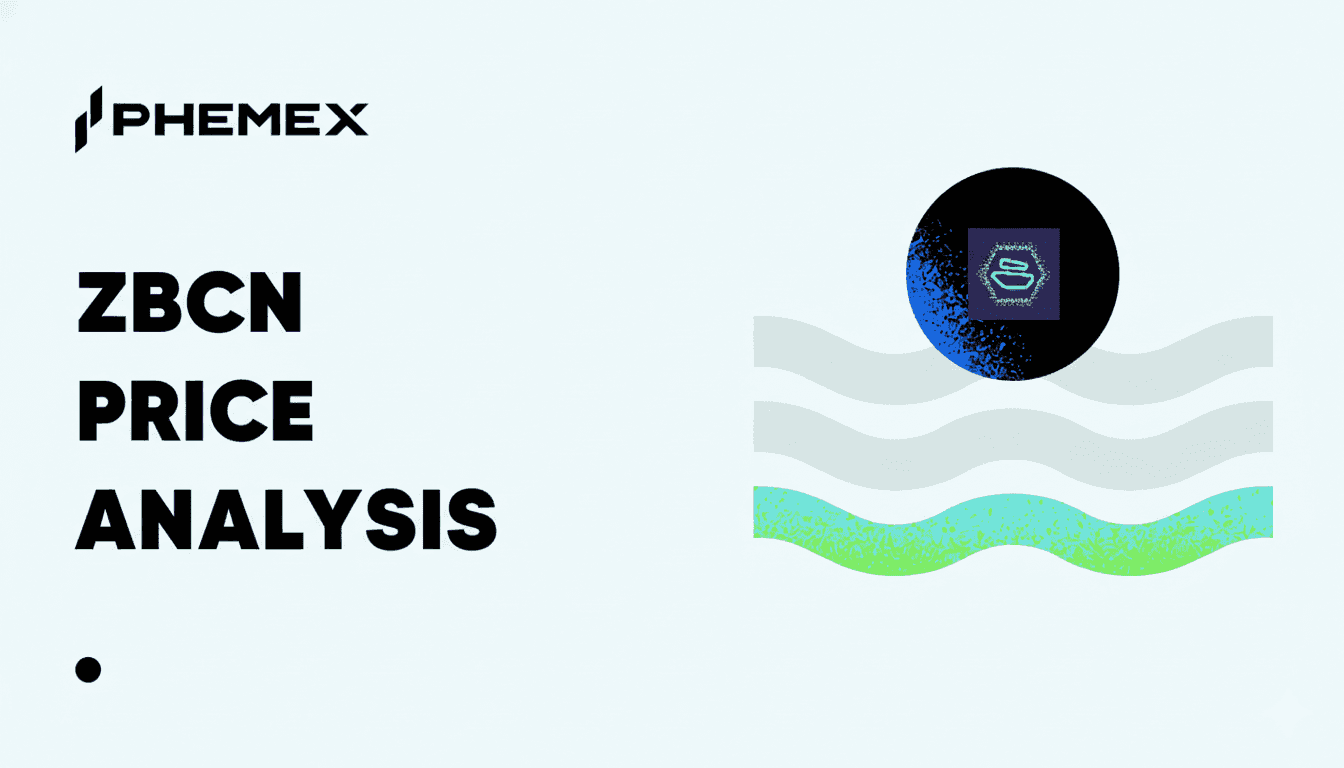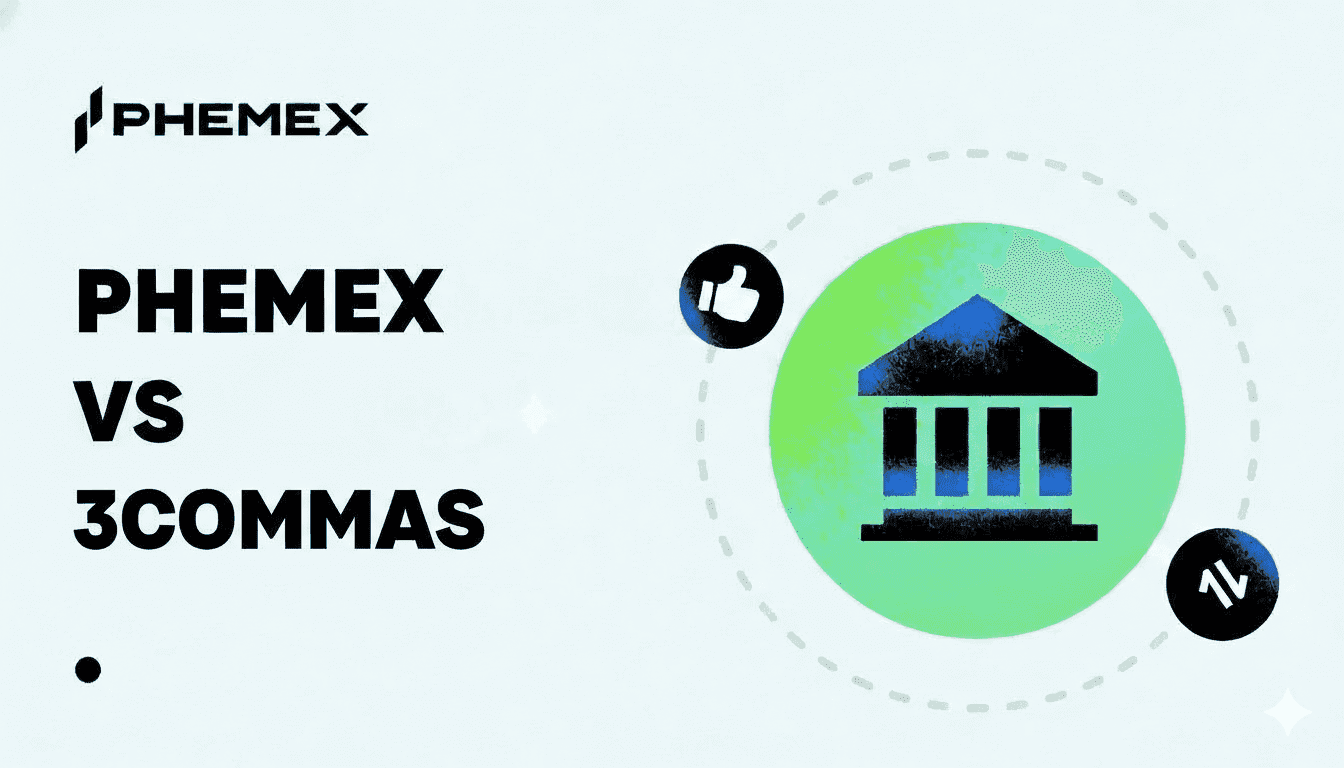
What’s Crypto Derivatives?
Crypto derivatives are simply a financial contract between two or more parties that derive their value from a basic asset. More specifically, it is an agreement to buy or sell a particular asset; whether stocks or cryptocurrencies, for a predetermined price at a specific time in the future.
Derivatives have no inherent or direct value in themselves; the value of a derivative contract is based only on the expected future price movements of the underlying cryptocurrency.
Here Are The 3 Most Common Types Of Derivative Products
- Swaps: A swap is an agreement between two parties to «swap» a series of cash flows in the future, usually based on interest-bearing instruments, such as loans, bonds, or promissory notes, as an underlying asset. Interest swaps are the most common form of swaps. They involve the exchange of a future stream of fixed interest payments against a floating rate payment stream between two different counterparties.
- Futures: A financial contract in which a buyer has the obligation to buy an asset or a seller to sell an asset. Such as commodities at a fixed price and at a predetermined future price.
- Options: A financial contract in which a buyer has the right (and not an obligation) to buy an asset or a seller to sell an asset at a predetermined price within a specified time.
Owing to the fact that the cryptocurrency derivatives market is still in its raw stage, currently, the public has only a limited selection. The most common derivatives of cryptocurrency are Bitcoin futures and options, because Bitcoin controls more than 50% of the total market capitalization of cryptocurrency, making it the most important and the most exchanged cryptocurrency in the world.
What Are Bitcoin Options?
Options are financial derivatives that give the holder the right; but not the obligation, to buy or sell an asset at a specific price on a predefined future date.
Options are particularly common in the currency and commodities markets; but you can also buy options on other financial assets such as stocks, bonds, indices, and recently, bitcoins.










